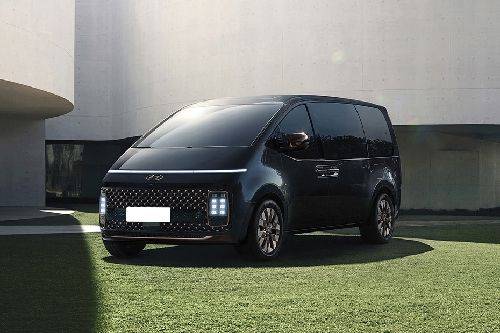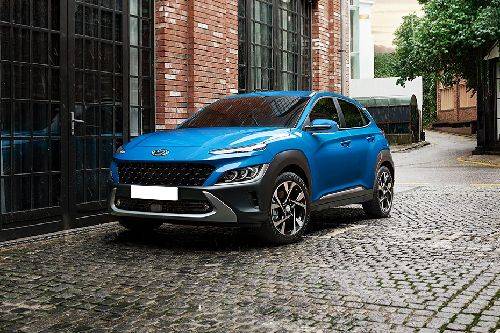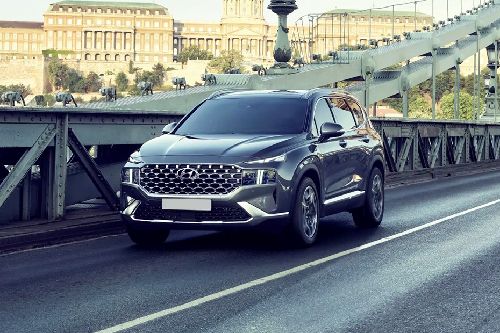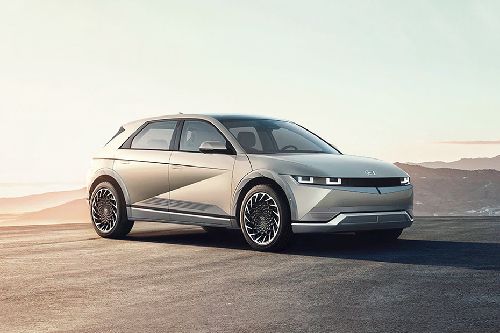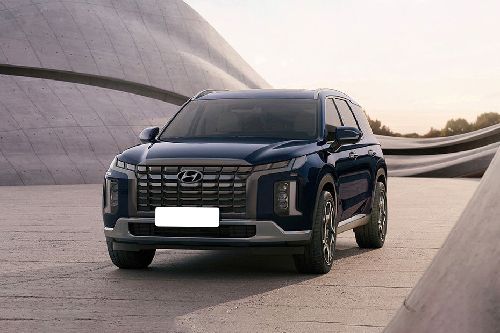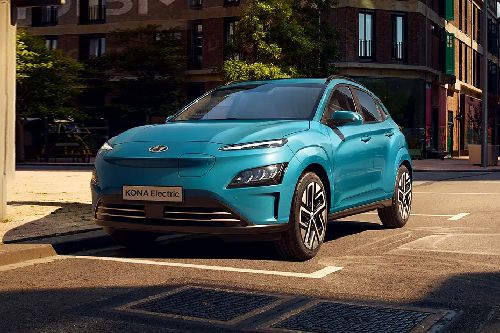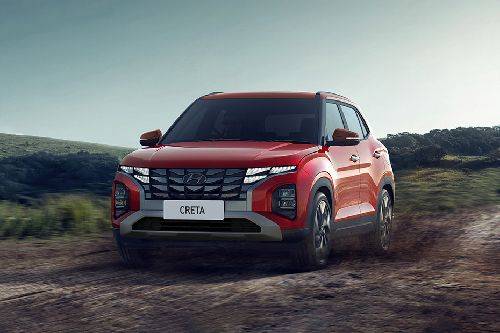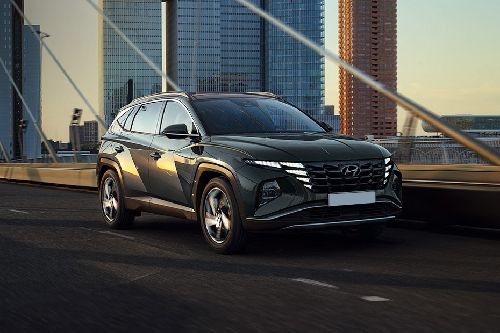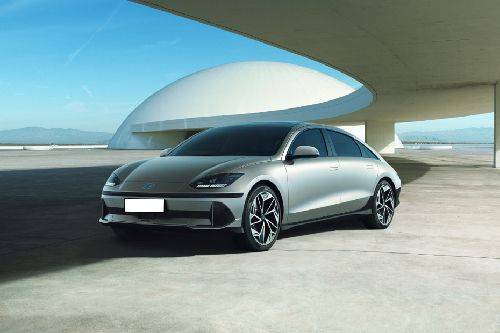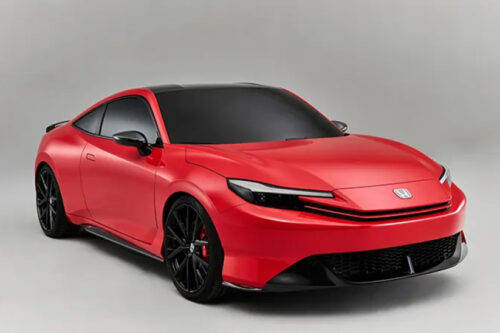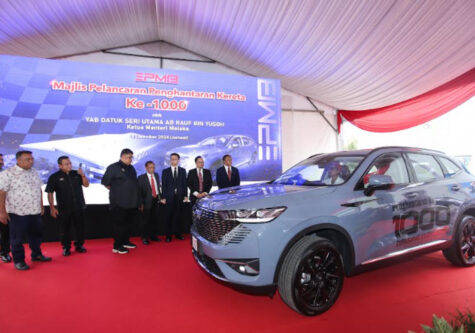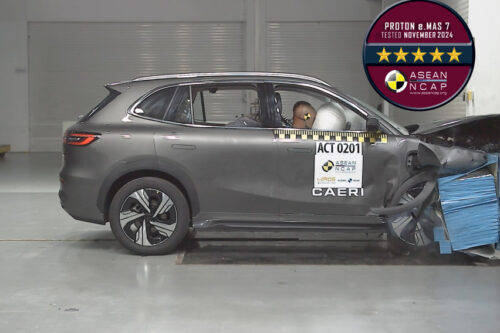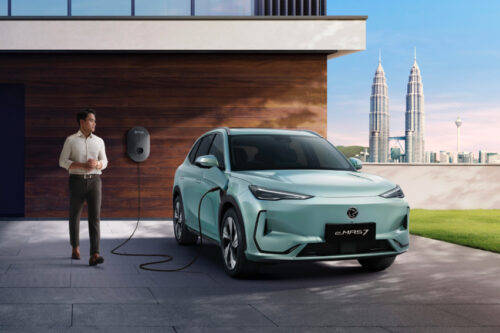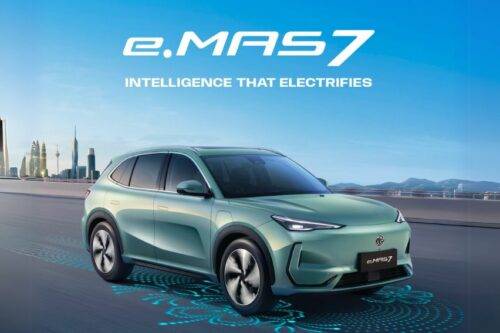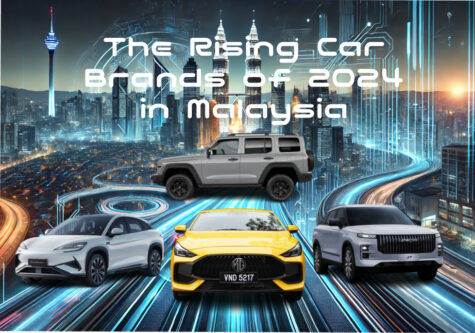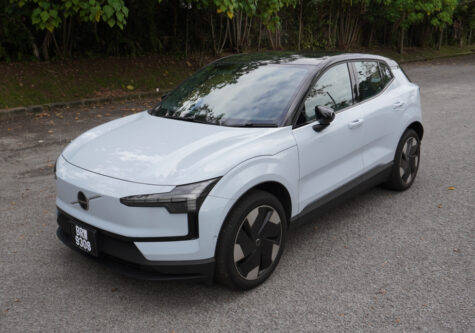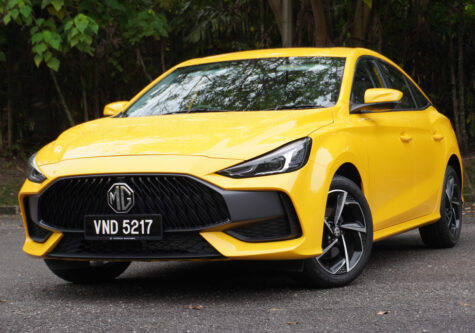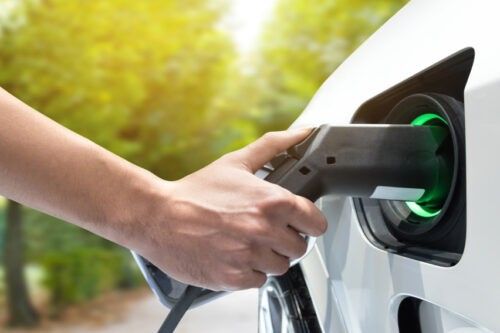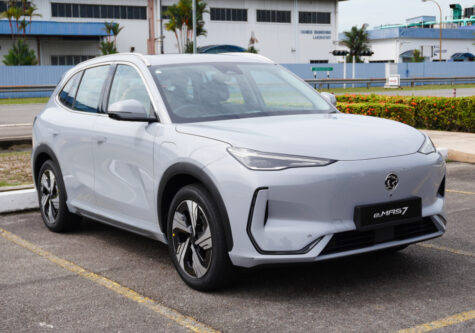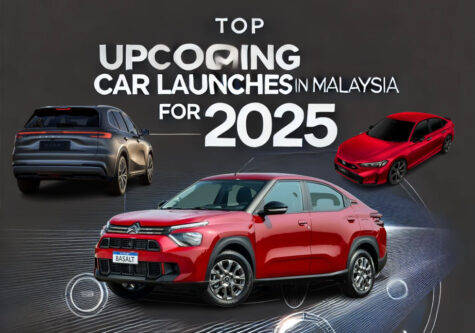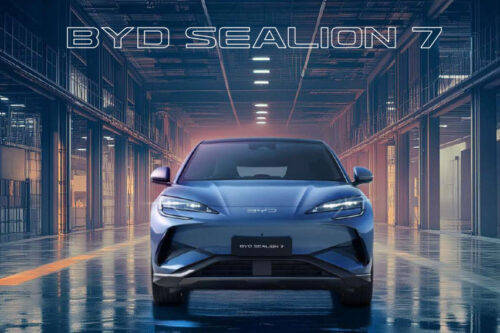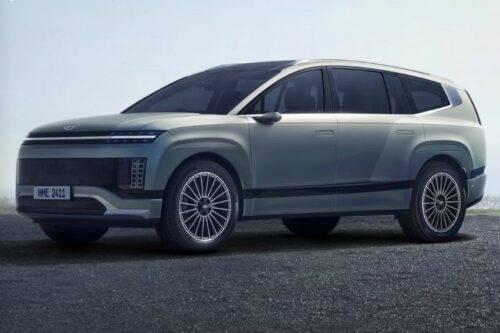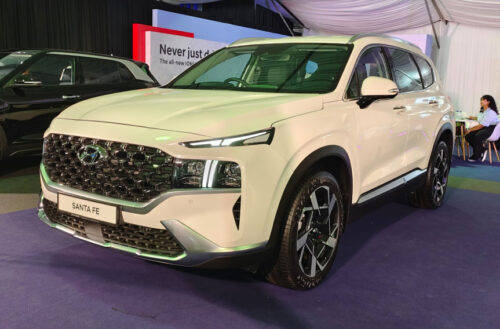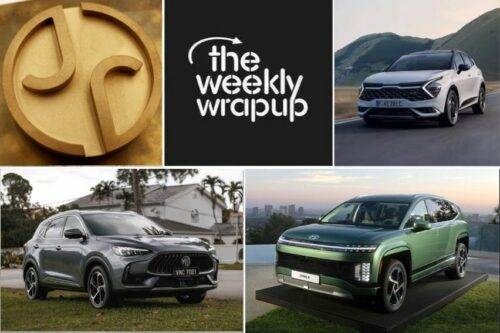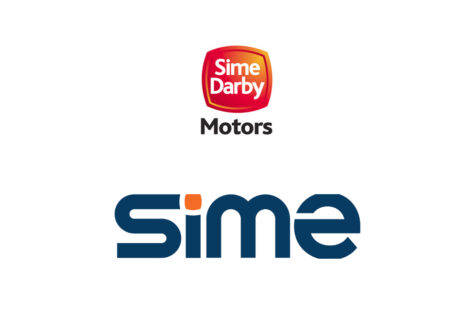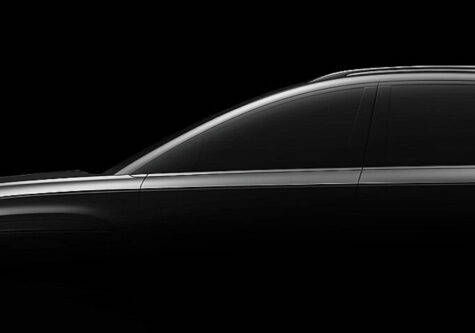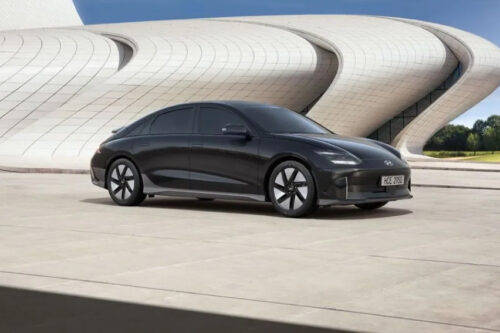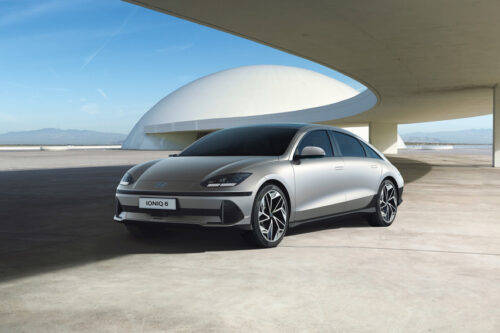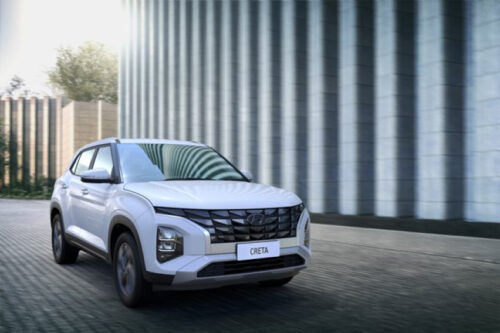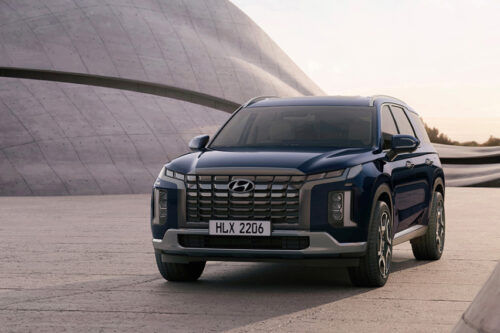Hyundai Motor and GM join hands for product development, manufacturing, and clean energy
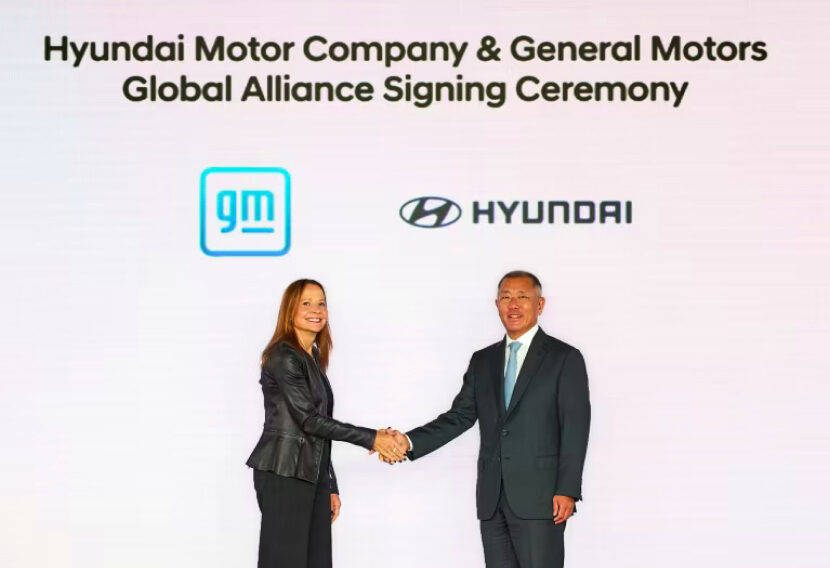
KUALA LUMPUR: Hyundai Motor Company and General Motors (GM) have partnered strategically to explore joint initiatives in product development, manufacturing, and clean energy technologies. On September 12, 2024, the two companies signed a Memorandum of Understanding (MoU) that emphasizes collaboration in the automotive supply chain, particularly in crucial areas like batteries, steel, and advanced technologies.
Under the partnership, both automotive giants aim to leverage each other’s strengths, enhance each other's efficiencies, and explore collaboration opportunities in the supply chain, particularly focusing on raw materials like batteries and steel. Additionally, the companies will evaluate advancements in hydrogen and electric technologies, with a shared focus on accelerating the global transition toward sustainability and zero-emission solutions.
Overall the agreement highlights both companies’ commitment to addressing climate change and bolstering the future of mobility.
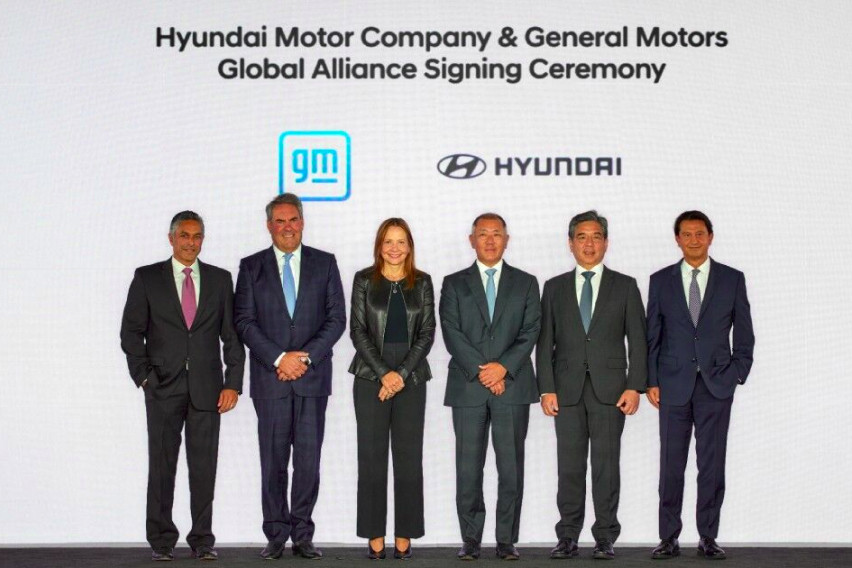
Let us check out the key highlights of Hyundai Motor and GM MOU
Supply chain & vehicle collaboration
The MoU’s primary focus is to promote innovation across vehicle platforms, including battery electric vehicles (BEVs) and hydrogen fuel cell electric vehicles (FCEVs). Hyundai and GM will work together to streamline the production of these vehicles by improving supply chain operations. The collaboration is expected to optimize the sourcing of critical raw materials like batteries, steel, and rare earth elements necessary for building efficient EVs and hydrogen-powered vehicles. This approach will help both companies mitigate the challenges of rising raw material costs and secure a more stable supply chain.
Also, with global demand for EVs surging, this partnership could help both companies stay competitive in meeting market needs, while also cutting down production time and reducing costs. Both companies are leveraging each other’s expertise to create a more sustainable and efficient approach to vehicle manufacturing.
Advancement in clean energy tech
A core aspect of the collaboration is focused on clean energy technologies, particularly hydrogen and electric powertrains. Hyundai has been an early leader in hydrogen fuel cell technology with its NEXO SUV, while GM has been making strides with its Hydrotec fuel cell technology. By pooling resources and expertise, the two automakers aim to accelerate research and development (R&D) in both battery-electric and hydrogen fuel cell vehicles, furthering their shared goal of promoting zero-emission transportation.
Technological development
The partnership between the two automakers aims to develop next-generation technologies that will enhance the performance, range, and affordability of these clean-energy vehicles. By addressing one of the major barriers to EV adoption—battery cost and efficiency—Hyundai and GM hope to make zero-emission vehicles more accessible to the general public.
Additionally, their combined work on hydrogen technology could help advance infrastructure solutions, enabling a broader deployment of hydrogen-powered vehicles.
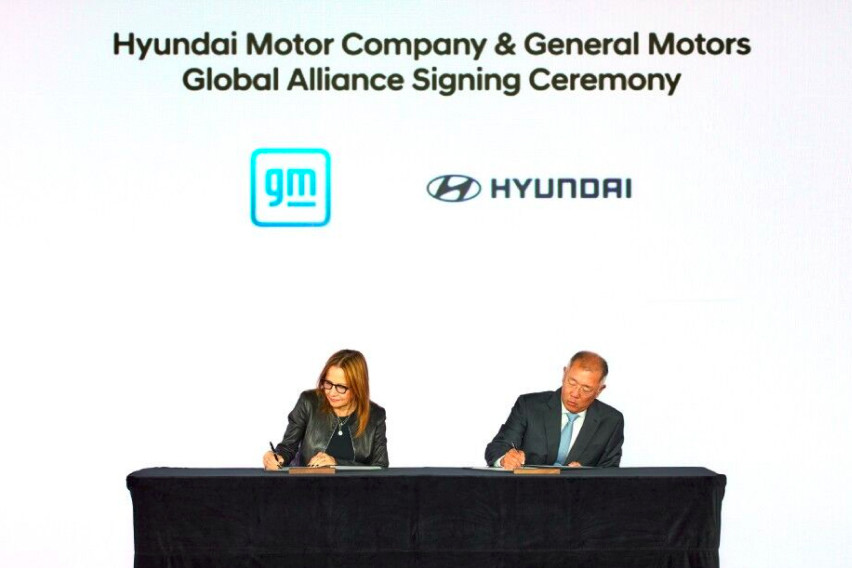
Commitment to sustainability
Both Hyundai and GM are aligned in their commitment to tackling climate change and driving the electrification of the global transportation system. This collaboration is part of a broader effort by both automakers to transition to a future of carbon neutrality.
Collaboration, the future of the automotive industry
The strategic alliance between Hyundai and GM underscores a growing trend of collaboration in the automotive industry, as automakers work together to develop new technologies and address shared challenges. As the industry undergoes rapid changes due to advancements in electrification and sustainability, partnerships like this will be crucial to meeting the evolving demands of consumers and governments alike.
Also Read: BMW and Toyota join forces to develop hydrogen-powered vehicles
Sell your car at the best price
 Verified and genuine buyers
Verified and genuine buyers
Hyundai Car Models
Trending & Fresh Updates
- Latest
- Popular
You might also be interested in
- News
- Featured Stories
Hyundai Featured Cars
- Latest
- Popular
Latest Hyundai Car Videos on Zigwheels


